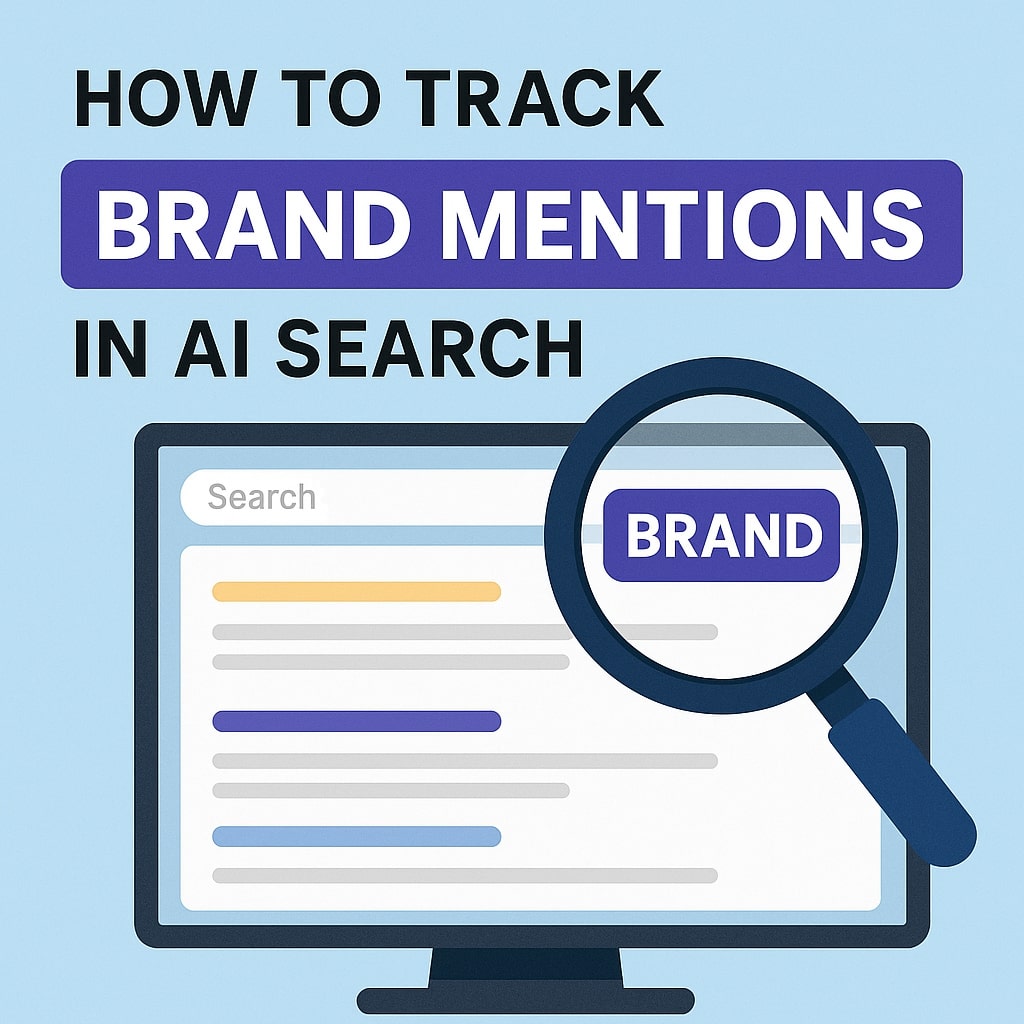Every marketer wants their brand to be part of the conversation when customers ask questions. For one e-commerce company, that conversation had moved into AI assistants like ChatGPT, but their brand was nowhere to be found.
This is the story of how they went from zero mentions to becoming a trusted recommendation in dozens of high-value prompts, thanks to a focused case study AI SEO strategy and RankPrompt’s tools.
The Challenge
Let’s call the company “Leaf & Lid.” They sell reusable drinkware and sustainable kitchen products. In the traditional SEO space, Leaf & Lid was doing fine. They ranked well for terms like “eco-friendly coffee cups” and “reusable water bottles.”
But when their marketing director, Jenna, typed relevant prompts into ChatGPT, the results were disappointing. The AI mentioned competitors, generic descriptions of products, and even off-brand suggestions, but Leaf & Lid never appeared.
For a company whose target audience was increasingly using AI to research purchases, this was a serious blind spot.
The Turning Point
Jenna knew the shift toward AI-assisted search was not a passing fad. She decided to invest in AI SEO, starting with an audit of Leaf & Lid’s visibility. That’s when she found RankPrompt.
Using the Scan Prompts feature, Jenna discovered:
- ChatGPT was recommending other brands in over 60 prompts directly relevant to Leaf & Lid’s products.
- Leaf & Lid appeared in only three prompts, and in two of those, the mention was buried at the bottom of the answer.
- Competitors with weaker SEO rankings were winning in AI search because they had better topical authority in certain niches.
Step 1: Target the Right Prompts
The first step was to figure out which prompts mattered most for sales. Instead of chasing every possible mention, Jenna used RankPrompt to prioritize queries like:
- “Best reusable coffee cup for travel”
- “Eco-friendly kitchen gifts under $50”
- “Top sustainable water bottles”
By narrowing the focus, she could direct resources where they would have the biggest impact.
Step 2: Create AI-Friendly Content
Next, Leaf & Lid revamped their content. The team rewrote product descriptions to be more direct and data-rich. Instead of flowery marketing copy, they led with facts:
- Materials used (with sustainability certifications).
- Capacity, weight, and durability stats.
- Specific use cases like “fits in most car cup holders” or “keeps drinks hot for six hours.”
They also created blog posts that answered common AI prompts in clear, structured formats. For example, an article on “How to Choose the Best Reusable Water Bottle” included a comparison table that AI could easily parse.
Step 3: Build External Citations
AI assistants trust brands that are mentioned in reputable third-party sources. Jenna’s team reached out to eco-friendly lifestyle blogs, sustainable living influencers, and green product directories.
Within two months, Leaf & Lid earned:
- A feature in a major online gift guide.
- Inclusion in a sustainability-focused product directory.
- Mentions in two influencer roundups with high domain authority.
These citations acted as credibility signals for AI models.
Step 4: Implement Structured Data
Leaf & Lid added schema markup to product and article pages. This helped AI assistants understand exactly what each page was about and how it related to specific prompts.
Product schema detailed pricing, availability, and reviews. Article schema clearly identified authors, publication dates, and key topics.
Step 5: Track and Adapt
Every two weeks, Jenna ran a new RankPrompt scan. The results showed steady progress:
- After the first month, Leaf & Lid appeared in 12 prompts, up from 3.
- At the two-month mark, they were in 27 prompts, with several top-of-answer mentions.
- By month four, they had 10x’d their starting visibility, appearing in 31 high-value prompts.
The Results
In just four months, Leaf & Lid achieved:
- 10x increase in ChatGPT mentions for relevant prompts.
- Consistent inclusion in product recommendation answers.
- Increased referral traffic from users clicking through AI citations.
- A measurable lift in brand searches across Google, indicating higher awareness.
More importantly, the sales team reported customers referencing “seeing Leaf & Lid mentioned in ChatGPT” when making purchases.
Why This Worked
Three factors drove Leaf & Lid’s success:
- Focus on Prompts That Convert
They did not waste time on irrelevant queries. Every targeted prompt had the potential to drive sales or brand awareness. - AI-Friendly Content Structure
The switch from marketing fluff to clear, factual, and scannable content made it easier for AI to include them in answers. - Consistent Monitoring and Optimization
Using RankPrompt’s tracking meant they could respond quickly when visibility dipped or new opportunities emerged.
Lessons for Other Brands
Leaf & Lid’s story offers several takeaways for anyone looking to replicate their success:
- Start with an AI visibility audit to find out where you stand.
- Focus on prompts that are both relevant and valuable.
- Build authority through credible external mentions.
- Use schema to make your content more machine-readable.
Track your progress and adapt your strategy as AI behavior changes.
How RankPrompt Simplifies the Process
Without RankPrompt, Jenna would have had to manually test hundreds of prompts across multiple AI assistants, an impossible task to do consistently. With the platform, she could:
- Identify prompt opportunities.
- Compare Leaf & Lid’s visibility against competitors.
- Receive actionable recommendations for improvement.
- See measurable progress over time.
This clarity turned AI SEO from a guessing game into a data-driven strategy.
From Hidden to Highlighted
When Leaf & Lid started, they were invisible in AI-generated answers. Four months later, they were a go-to recommendation in their niche. The journey from zero to AI hero was not about luck, it was about using the right tools, targeting the right prompts, and staying consistent.
If you want results like this case study AI SEO example, the path is clear. Run a prompt scan with RankPrompt, see where you are missing, and start building your presence in the answers your customers trust.




